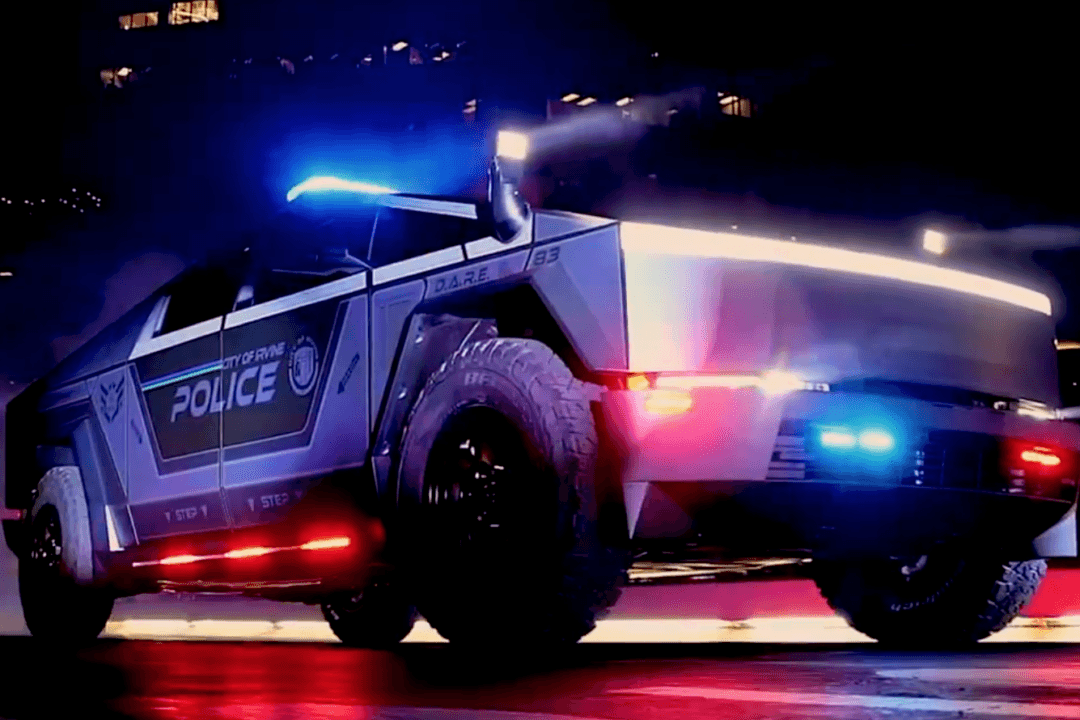A 6-year-old girl from Salt Lake City, Utah, was kidnapped, sexually assaulted, and murdered 23 years ago. A short while later, a Barbie doll was placed on her grave. However, the killer was never found.
Now investigators think the doll may provide clues into who was responsible for Rosie Tapia’s death.





